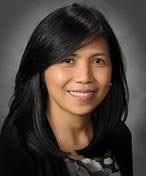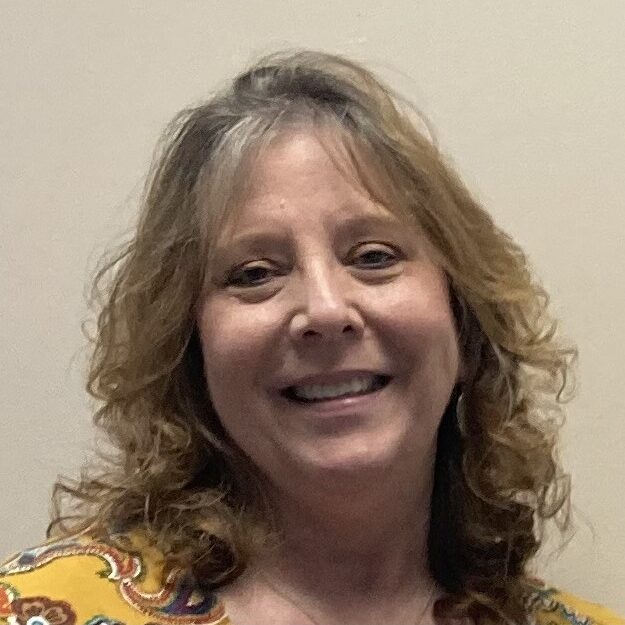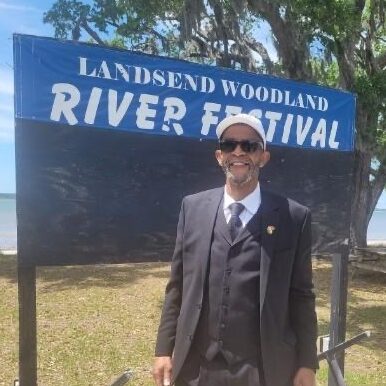
Marissa R.
Colon Cancer
As an administrator of a community oncology group practice for over a decade and a 3-year cancer survivor, having firsthand experience from the provider and patient side is an opportunity to make a difference. I was in my 30s and raising 2 small kids when I started working in oncology. I found it so fascinating to see how upbeat patients were despite their life-threatening illnesses. It was especially heartbreaking though for me to see young mothers undergo chemotherapy treatment. In my mind, cancer should only be a disease for the elderly. When I was diagnosed, I came to the realization that cancer is common in people younger than 50.
Though our practice is not considered large by national standards, it has the biggest presence in West Ventura County. As the practice continued to grow, I became very busy juggling work, family, social life, and community service to the point where feeling fatigued was a norm. After all, I am a superwoman and can multitask. When I could no longer function, I had my Complete Blood Count checked at the office. The results were disturbing enough that the doctors in our practice became concerned. I was iron-deficient and received intravenous iron in our infusion center. One of the doctors personally called a gastroenterologist to make an appointment for me since she knew I was too stubborn and too busy to care for it myself. If not for her, I probably wouldn’t be here writing this. I had an upper and lower endoscopy done on the same visit. When I awoke from the procedures, my husband and I received the most unbelievable and devastating news of our lives. I have cancer in the colon. It was confirmed by pathology the following day. How can I get cancer? I have not turned 50 yet, am not overweight, do not smoke, and led a relatively healthy lifestyle. I took pride in being healthy and felt like a failure for being sick. I could not talk about it to relatives and friends for a long time.
A week later, I was in surgery for colon resection. More bad news, my cancer stage warranted adjuvant chemotherapy. Though I insisted on skipping chemotherapy for selfish reasons, I received FOLFOX for six months which started one month after surgery. I was determined not to let my illness conquer me, so I continued working. I did not remove my administrator hat while being treated. It was my opportunity to see how patients were being treated by our staff and find ways to improve processes in our practice.
When I became a cancer patient at our practice, Ventura Oncology Specialists, I had a better appreciation for the doctors, nurses & support staff responsible for my well-being. It was nice to have them readily available when I had questions. I also had heightened empathy toward other cancer patients who sat in our chemotherapy chairs. For about a year since my diagnosis, every time I walk through the infusion center and see the patients as well as the room I was treated, I can’t help but become emotional. Cancer does not only affect the sick person but their loved ones as well. I felt so lucky to be surrounded by loving and supportive people. I had the best caregiver of all, my husband.
Since colon cancer is becoming more common before 50, I would advocate for earlier screening, like breast cancer. As more and more people survive cancer, I also find it imperative for oncology practices to have survivorship programs in place. This would help keep patients aware of what to do once they are done with active treatment and continue to take care of themselves to help avoid recurrence.




